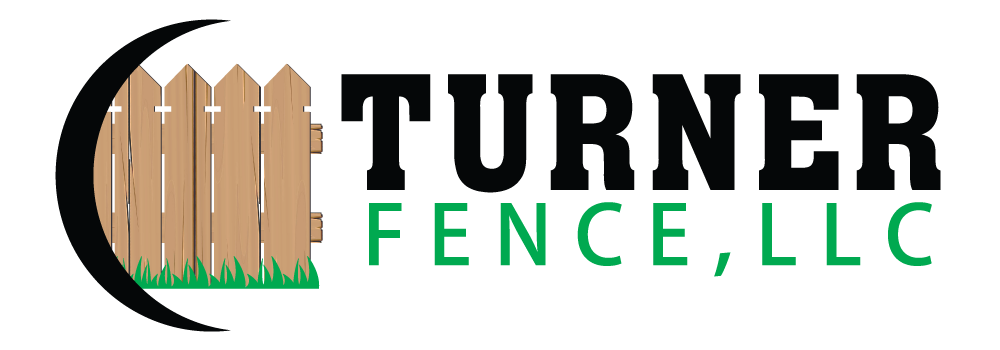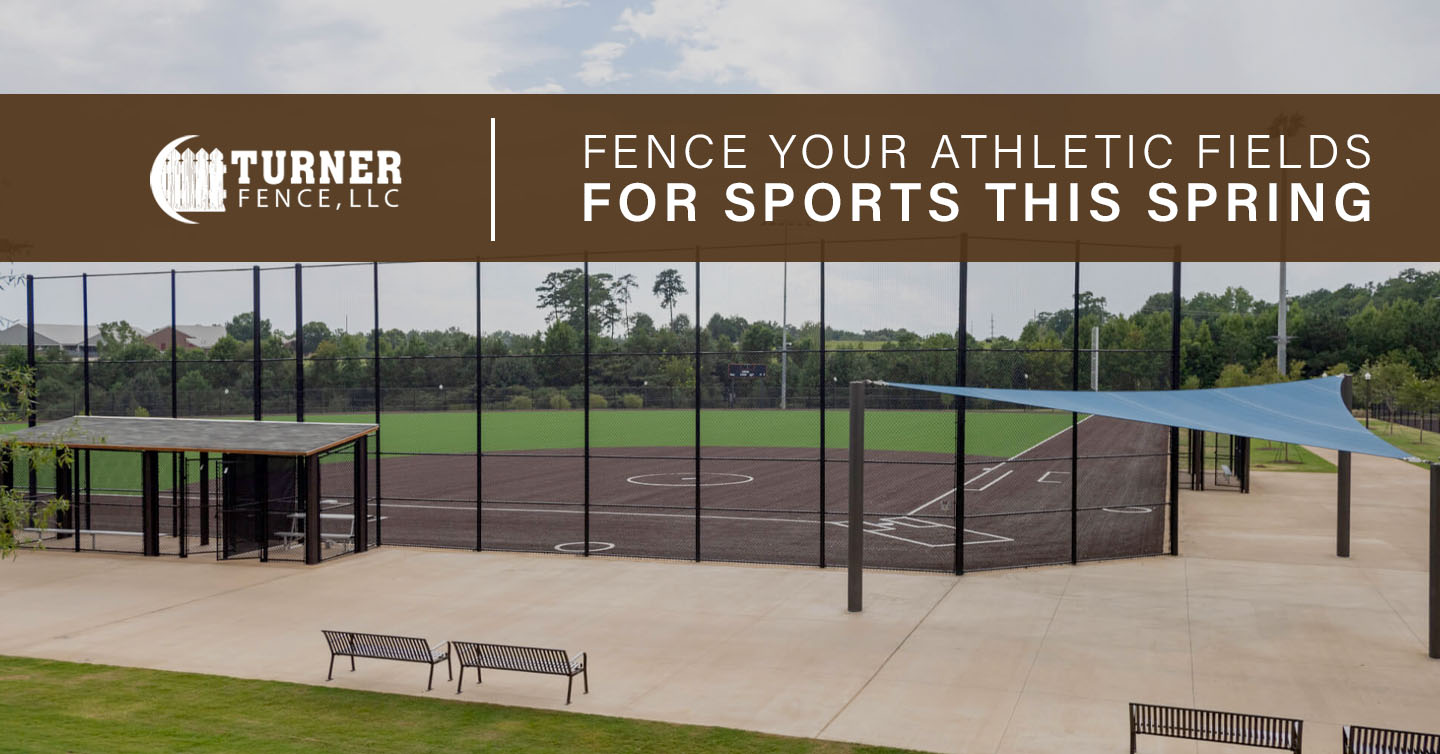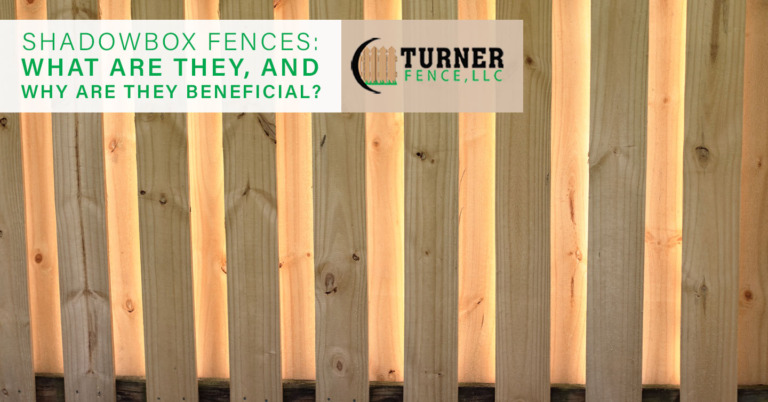The days are growing longer and the weather is warming up, which means spring sports are just around the corner. And now is the perfect time to fence your athletic fields for sports this spring.
Different uses for athletic field fencing
Athletic field fencing serves a multitude of purposes, from controlling crowds and enhancing security to separating fields, creating areas such as dugouts and boosting safety for both athletes and fans.
When it comes to picking the right fence design for your athletic field, a number of factors play a role in making the decision. This includes the purpose of the fence and the sport’s requirements.
Types of athletic field fencing
With all of that in mind, let’s take a look at the most common types of sport fencing and things to consider when installing.
The most commonly used type of fencing for athletic fields is chain link. This is due to its versatility, durability and low cost. Chain link fences also provide a certain level of visibility for spectators and are easily repaired.
Other types of fencing include ornamental commercial-grade aluminum or steel. Ornamental fences are used at athletic fields and stadiums in order to create visual appeal, specifically in those areas visible from the outside.
How to determine the fencing design
When it’s time to fence your athletic fields for sports this spring, determining your fence type and design includes focusing on three main elements: purpose, height and durability.
What purpose will your fence serve? Will the fence serve as a perimeter, will it protect spectators from balls or will it control crowds? This question is vital in determining the type of material that will be used.
Once you determine the purpose, you can then determine the height of your fence. For example, perimeter fences typically do not need excess height. Whereas if this fence is for protection, taller heights might be necessary.
Going hand-in-hand with purpose is durability. Once you know the purpose, you will know more about the strength needed. Your fence’s strength and durability also depend on the type of sport you’re dealing with. For instance, sports with potential fence impacts will require more resistant materials.
Summary
With this insight, you are now better prepared to fence your athletic fields for sports this spring. Still on the search for a trusted fencing company to help during the design and building process? Contact Turner Fence, your fence company in East Alabama and West Georgia.
In the meantime, continue reading our blogs for more fencing tips and news.




